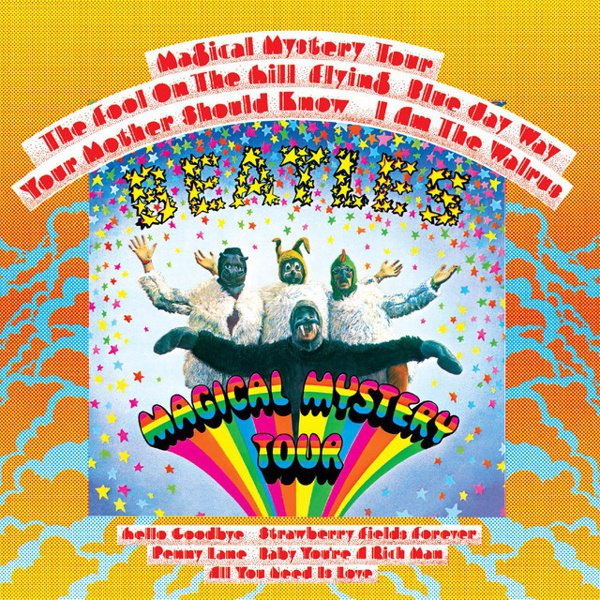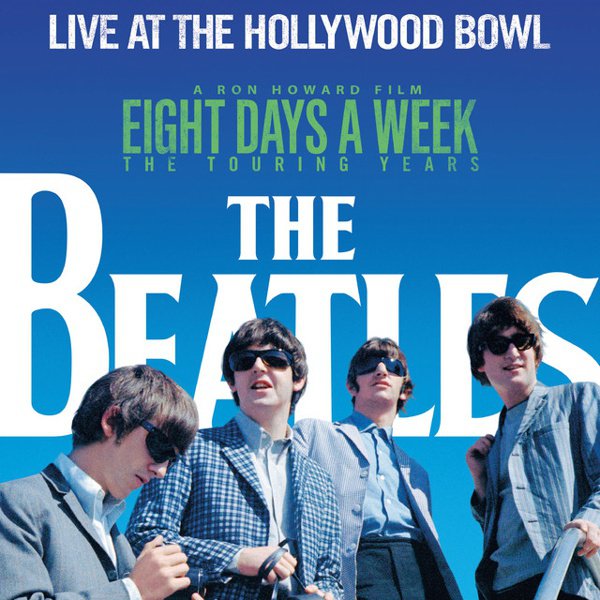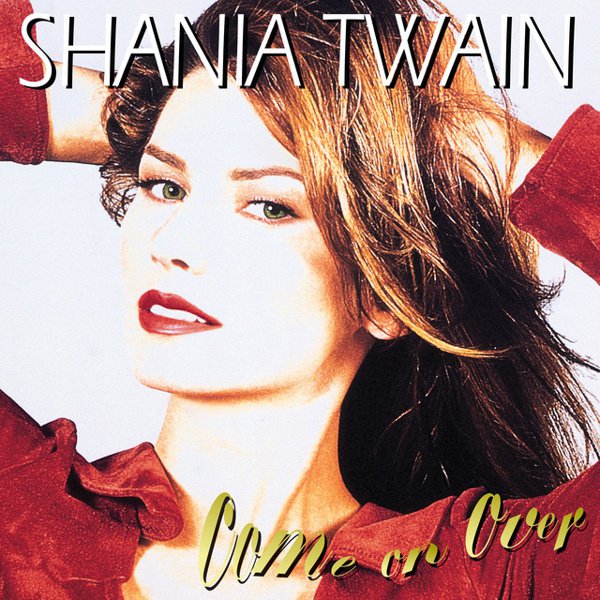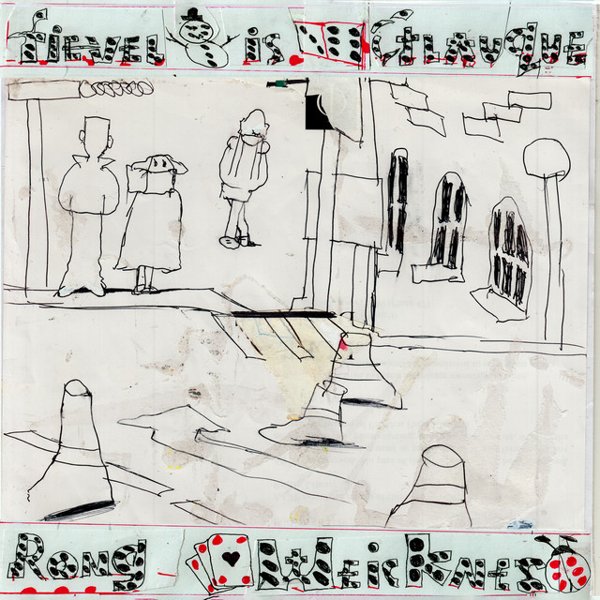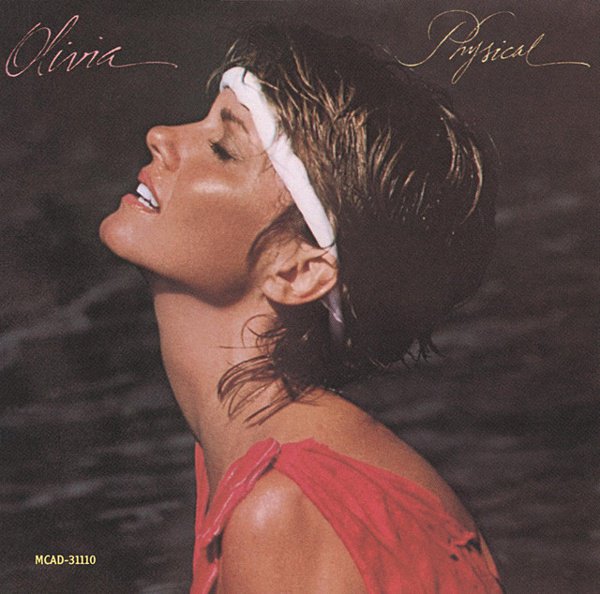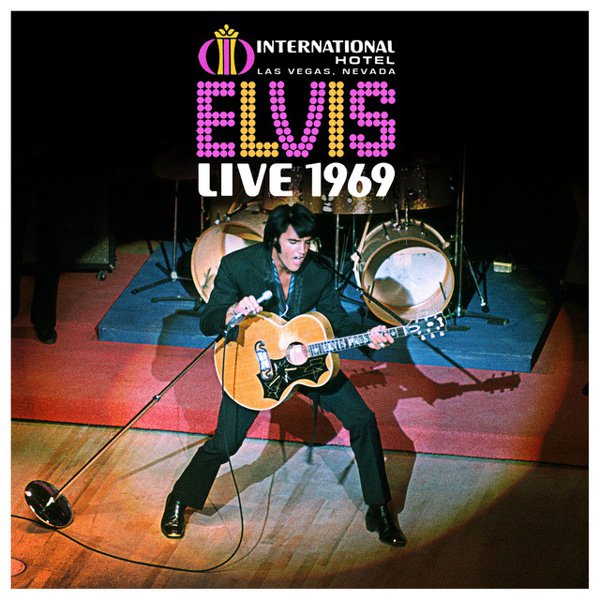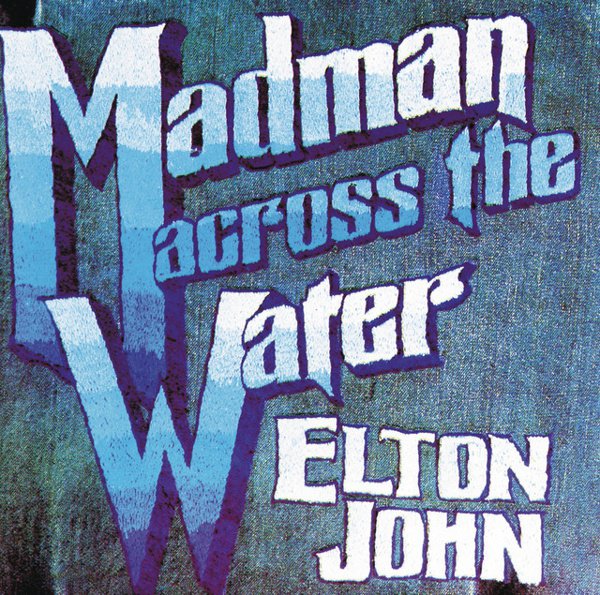
Recommended by
Madman Across the Water
As he rode an especially productive 1971 to its end, Elton John rose to the challenge of an emerging stardom with a remarkable deke move of a record: open it up with two future perennial-classics that would become some of his most beloved hits, then round it out with another seven of his and Bernie Taupin’s most sorrowful odes to loneliness and alienation. So “Tiny Dancer” and “Levon” don’t just stand out on Madman Across the Water because of their popcraft and their wistful delves into the dynamics of interpersonal human connection — they do so because they’re some of the only moments of unguarded hope on the record (and “Levon” isn’t exactly wall-to-wall happy-family times, either). Elton’s voice has really come into its own at this point, and he adds the perfect amount of emotional weight to Taupin’s lyrics: the storytelling evokes an exoticized yet empathetic retelling of the Trail of Tears (“Indian Sunset”), the spectre of a prodigal son returning home as a fading-cool shadow of himself (“Razor Face”), the regrets of a criminal who can’t escape the lingering misery of his mistakes (“Rotten Peaches”), and a title cut sung from the perspective of a mental asylum resident just self-aware enough to realize he’s an object of derision. Producer Gus Dudgeon’s decision to back Elton with studio players and bring in Paul Buckmaster to drench the record in strings might not have seemed very rock’n’roll a decision at the time — the real critical hosannahs would start to roll in one album later with Honky Château — but the richly orchestrated bleakness of the album’s imaginary-Western atmosphere stands out now as a singular, powerfully unnerving entry in the Elton John discography.

